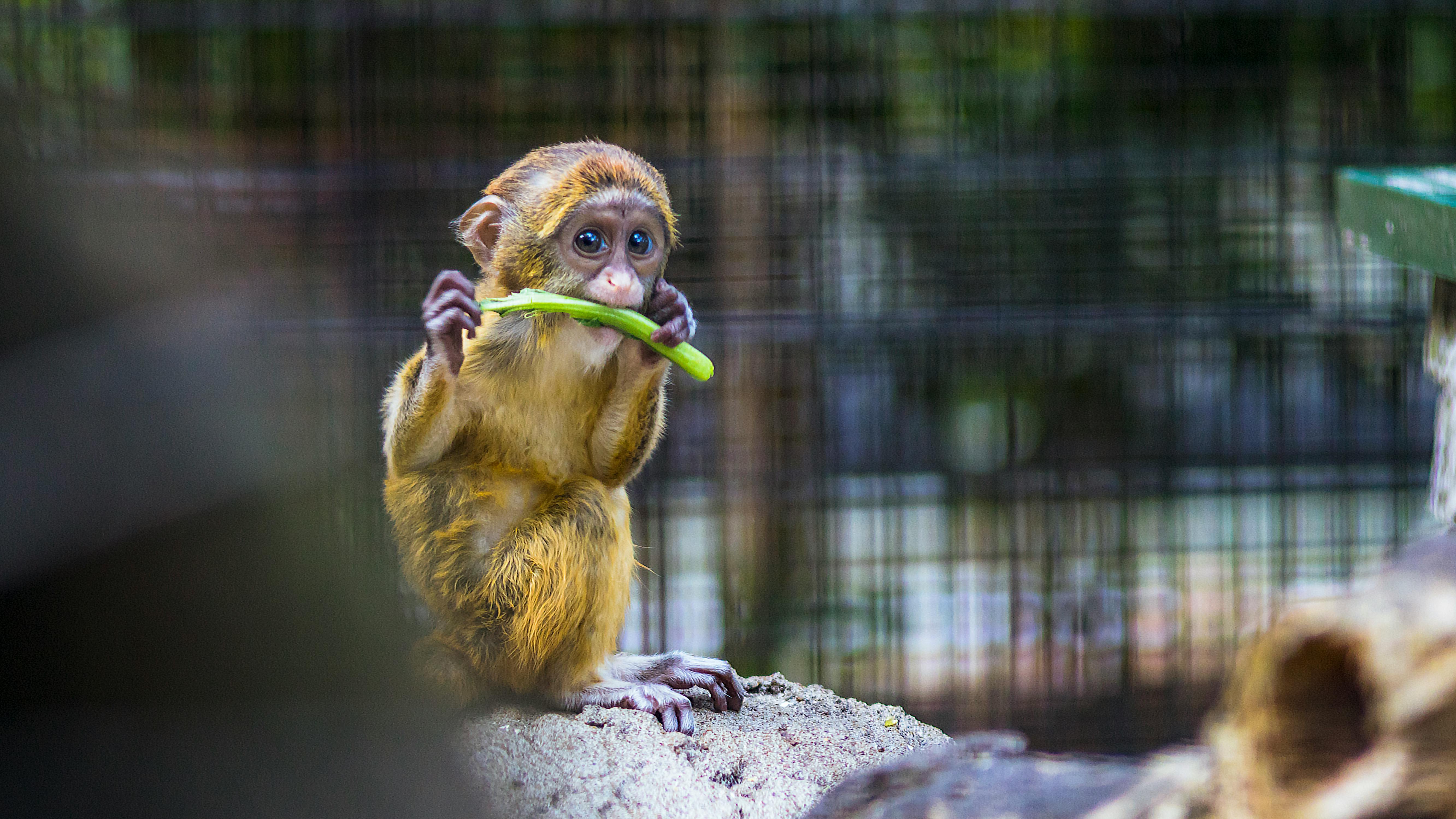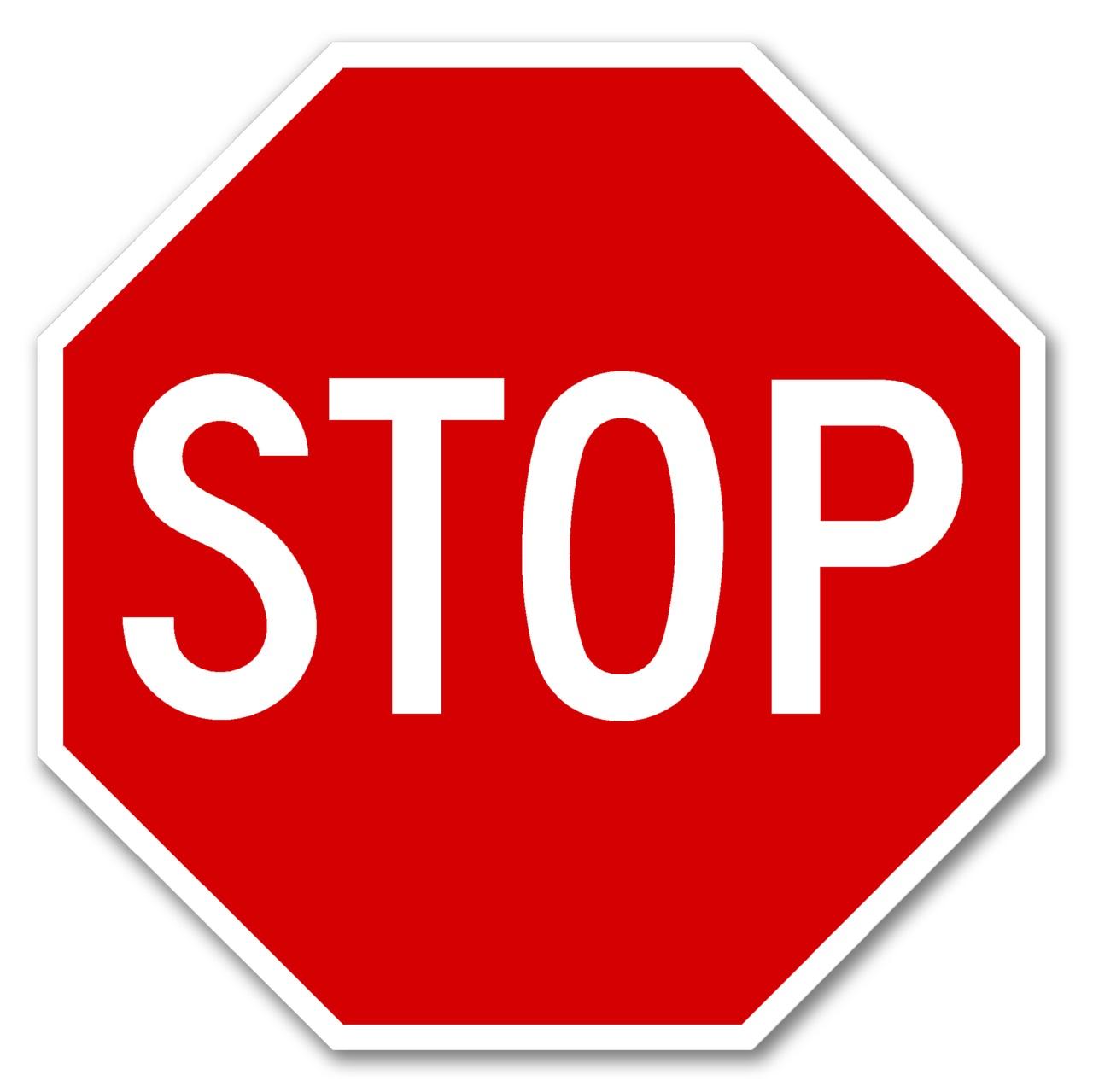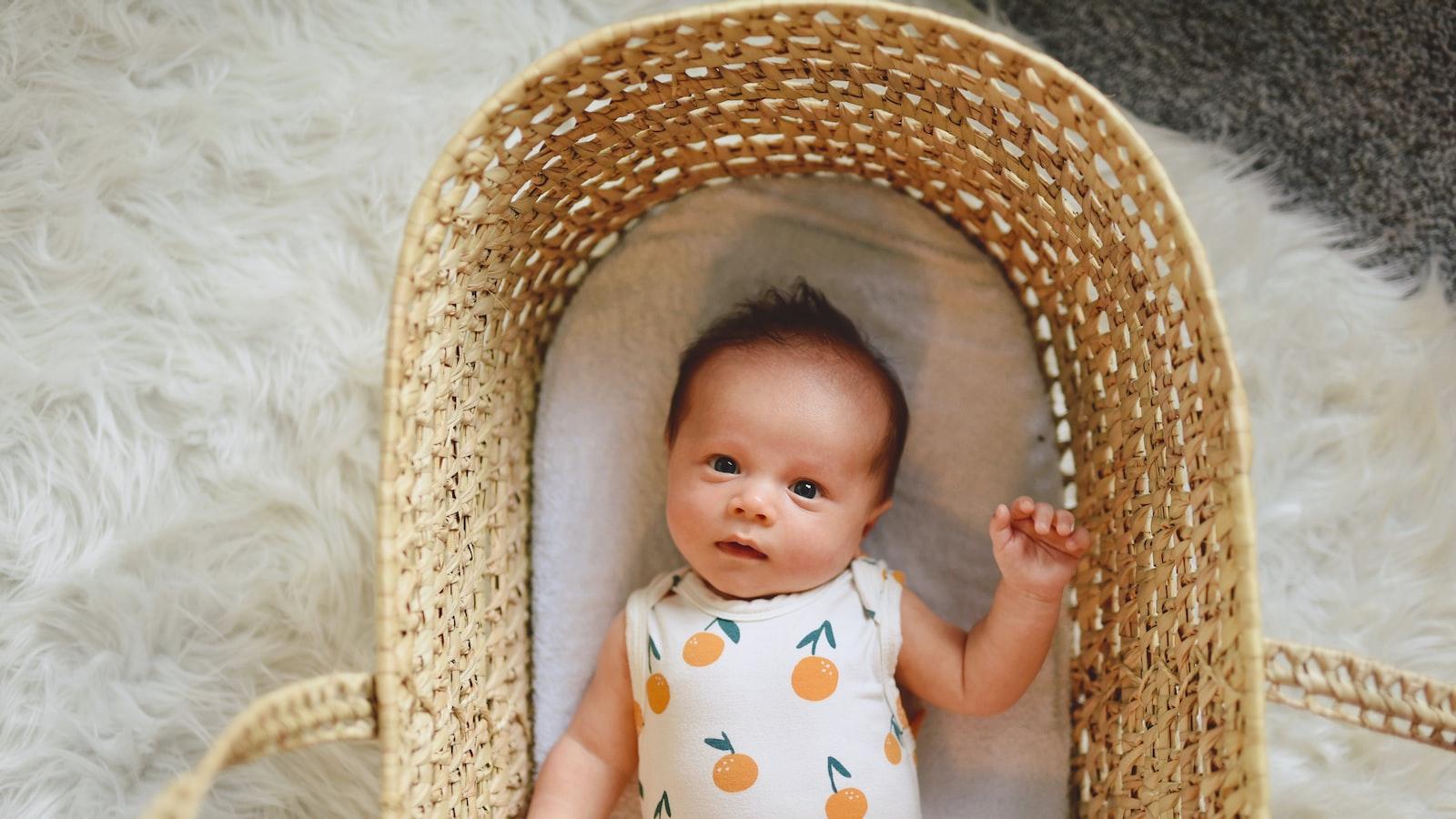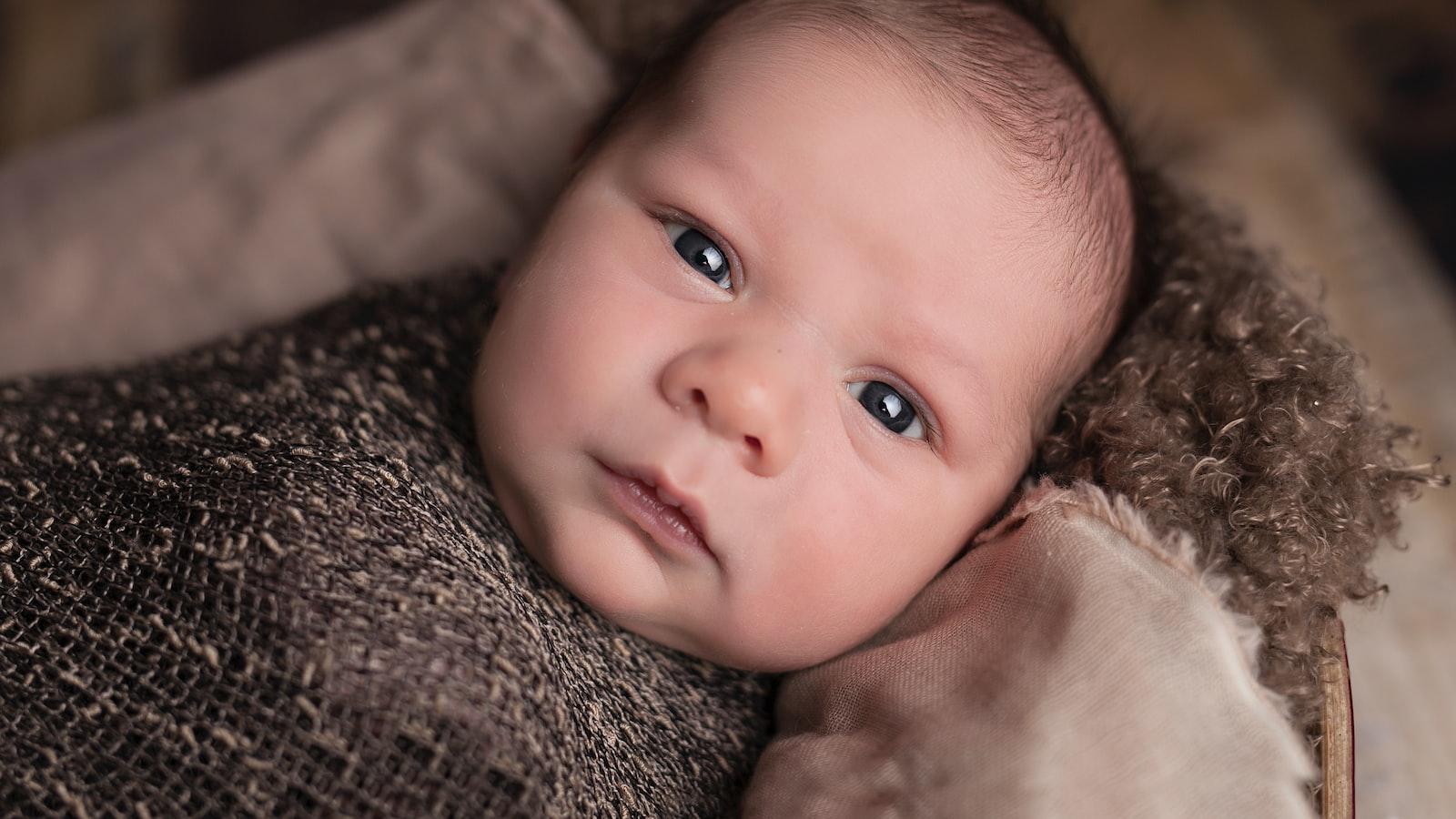When it comes to introducing solid foods to babies, puffs are often a popular choice. Puffs are soft, bite-sized snacks that dissolve easily in a baby’s mouth and can be a great way to help them learn how to chew and swallow. But at what age do babies eat puffs? This article will provide an overview of when babies can start eating puffs and the important considerations for introducing them into your baby’s diet.Most babies can start eating puffs once they are between 8 and 10 months old.
When Can Babies Start Eating Puffs?
Babies can start eating puffs when they are 8 months or older and have developed the ability to sit up with minimal support and can hold their heads up independently. It’s important that your baby is able to control their tongue movements so they can move the food around in their mouth and swallow it safely. At this stage, babies should be able to pick up small pieces of food with their thumb and index finger. Puffs are a great first finger food for babies because they dissolve quickly in the mouth, decreasing the risk of choking.
Puffs come in many different flavors and textures. For babies just starting out on solids, choose unflavored varieties such as plain rice puffs or oat cereal puffs. For more experienced eaters, you can introduce flavors such as banana or strawberry puffs that are coated with yogurt or other fruit purees. Be sure to avoid any puffs that are high in added sugar, salt or preservatives, as these can be unhealthy for your baby’s developing digestive system.
When introducing puffs to your baby, start by offering just a few at a time. Allow your baby to explore them using their hands and mouth while helping them learn how to chew and swallow the food safely. Make sure you are always watching closely while they eat in case they experience any difficulty swallowing the food. If you notice any signs of choking or gagging, remove the food immediately and seek medical advice if needed.
It is also important to offer other healthy foods such as fruit and vegetables along with puffs so your baby gets all the nutrition they need for proper growth and development. With patience and practice, eating puffs will become an enjoyable experience for your little one!
How Young Can Babies Be to Eat Puffs?
Puffs are a popular snack food for babies and toddlers. Many parents wonder how young their baby can be before they can start to eat puffs. The answer depends on the readiness of the baby and their development stage.
Most health professionals recommend that babies should be at least six months old before introducing puffs. This is because it’s important for babies to have developed the necessary motor skills required for them to be able to chew and swallow the puffs safely. It’s around this time that babies will start to develop the ability to sit up with support and will have good head control.
It is recommended that parents wait until their baby is at least 8 months old before introducing puffs as a finger food. This is because by this age, most babies will have developed the ability to pick up small pieces of food and put them in their mouths.
Parents should make sure that their baby is ready for puffs before starting them on this type of food. Babies should be able to pick up small pieces of food with their hands, bring it close to their mouth and chew it properly before swallowing it safely. If your baby cannot do this, then they may not be ready for puffs yet.
It’s important for parents to remember that every baby develops differently so there may be some variation in when a baby is ready for puffs depending on their individual development stage. If you are unsure whether your baby is ready, always consult with your health professional before introducing any new foods into your baby’s diet.
Is it Safe for Babies to Eat Puffs?
Puffs are a popular snack for babies and toddlers, as they are easy to chew and swallow. However, many parents wonder if these puffed snacks are safe for their little ones.
The good news is that puffs are generally considered safe for babies to eat. They are typically made from cereal grains such as rice, corn or wheat, and they do not contain any added sugar. This makes them a healthier choice than other snacks like cookies or chips. Additionally, puffs usually contain iron which can help support a baby’s development.
However, it is important to note that some brands of puffs may contain added sugar or salt. It is best to check the nutrition label on the packaging before purchasing these snacks for your baby. Additionally, some babies may have allergies to certain ingredients found in puffs, so you should check with your pediatrician before introducing them into your baby’s diet.
Overall, puffs can be a great snack option for babies and toddlers as long as they do not contain added sugar or excess salt. If you decide to give your baby puffs, make sure to choose ones that are made with whole grains and do not contain any artificial colors or flavors. Always check the nutrition label on the packaging before giving them to your little one!
Introducing Puffs to Babies
Introducing puffs to babies can be a great way to introduce them to new flavors and textures. Puffs are small, crunchy snacks that are designed for children’s developing teeth and gums. They come in a variety of flavors and sizes, making it easy for babies to learn how to eat them. Puffs are also a great way for parents to introduce new foods into their baby’s diet in a safe and fun way.
One of the main benefits of introducing puffs to babies is that it helps them learn how to feed themselves. This can help with their development as they begin to explore different tastes and textures of food. It also helps them practice their fine motor skills as they pick up and try different puffs. Introducing puffs also helps babies learn about portion control, as they will only take a few bites at a time before moving on to the next puff.
Another benefit of introducing puffs to babies is that it encourages healthy eating habits from an early age. Puffs come in many different flavors, including fruit, vegetables, dairy, grains, and protein-rich options such as nuts and seeds. This makes it easy for parents to include a variety of healthy foods into their baby’s diet without having to worry about allergies or other food sensitivities.
Finally, introducing puffs to babies is an easy way for parents to ensure that their little ones receive the essential vitamins and minerals that they need for proper growth and development. Many puff varieties are enriched with important vitamins and minerals such as iron, calcium, vitamin A, vitamin C and zinc which is important for overall health.

Introducing Puffs to Your Baby
Introducing puffs to your baby is a great way to introduce solid foods. Puffs are a type of food made from grains, such as rice or oats, that have been ground into small pieces and then cooked until they puff up. They are easy to pick up and eat with little hands, and are a great way to get your baby used to the texture of solid foods. Here are some tips for introducing puffs to your baby:
Start slowly: it’s best to start with just one or two puffs at a time, rather than offering too much at once. This will help your baby get used to the texture without feeling overwhelmed.
Mix them with other foods: You can mix puffs with other soft foods like mashed banana or yogurt for added flavor and texture. This can help make it easier for your baby to learn how to eat them.
Let your baby explore: Letting your baby explore the puff on their own can help them get used to the texture and taste before trying it. You can also encourage them by using funny faces or noises while they explore.
Be patient: Learning how to eat puffs takes time, so be patient with your baby as they learn. If they don’t seem interested in trying them, try again another day.
Puffs are an easy way for babies to start exploring solid foods. By following these tips, you can help make the transition easier and ensure that your little one gets all the nutrition they need!
Are Organic Puffs Better for My Baby?
When it comes to choosing snack foods for your baby, organic puffs may be a better option than traditional snacks. Organic puffs are made with organic ingredients that are free from synthetic pesticides and fertilizers, which can be safer for your baby’s health. Organic puffs are also made without added sugar or artificial flavors, which can make them a healthier choice than traditional snacks. Additionally, organic puffs often have fewer additives and preservatives, making them easier to digest and less likely to cause digestive distress.
Organic puffs usually contain more vitamins and minerals than traditional snacks, which can benefit your baby’s growth and development. They may also be fortified with extra nutrients like iron, zinc, calcium, and vitamin D that are important for babies. Additionally, many organic puffs contain probiotics that can support your baby’s digestive health.
Since organic food production is often more expensive than conventional production methods, organic puffs may be more expensive than traditional snacks. However, when it comes to your baby’s health and nutrition, the extra cost of buying organic may be well worth it.
Overall, organic puffs can be a healthier option for your baby compared to traditional snacks. They are free from synthetic chemicals and additives and typically contain more vitamins and minerals than regular snacks. They may also contain probiotics that benefit your baby’s digestive system. Although they may cost more than regular snacks, the nutritional benefits could make them worth the extra expense.
Flavors of Puffs Suitable for Babies
When it comes to introducing solid food to babies, puffs make a great choice. Not only are they easy for little ones to chew and swallow, but puffs come in a range of flavors that can make mealtime fun. Babies can enjoy a variety of flavors, including sweet and savory options.
For sweet flavors, popular choices include fruit-based varieties such as apple, banana, or strawberry. These are often made with real fruit puree for added nutrition. Some brands also offer organic options in these flavors. For savory snacks, cheese and vegetable puffs are common choices. These often contain powdered cheese or vegetables such as carrots or broccoli for an extra boost of nutrients.
To ensure the best possible experience for your baby, it’s important to read the labels on puff products carefully. Look for ones that are free from artificial colors and preservatives. Choose options that have simple ingredients and no added sugar, salt, or other common allergens such as dairy or gluten.
Puffs can be a great way to introduce your baby to new tastes and textures while providing essential nutrients at the same time. With so many delicious flavors available, babies can enjoy a variety of snacks without compromising their health or safety.

Conclusion
At what age do babies eat puffs? The answer is that it varies from baby to baby and depends on their development. Parents should watch for signs that their baby is ready to try solid foods, like sitting up unassisted, having lost the tongue-thrust reflex, and showing an interest in what the family is eating. It’s recommended that parents introduce puffs when their infant is around 7-8 months old.
Puffs are highly nutritious and can be a great way to get essential vitamins and minerals into a baby’s diet. However, parents should still keep an eye on their child’s intake of puffs since they are high in sugar content. Puffs should be given in moderation as part of a balanced diet.
Overall, introducing puffs to your baby at the right time can be beneficial for them nutritionally and developmentally. It can also help make mealtimes more enjoyable for both you and your little one!




